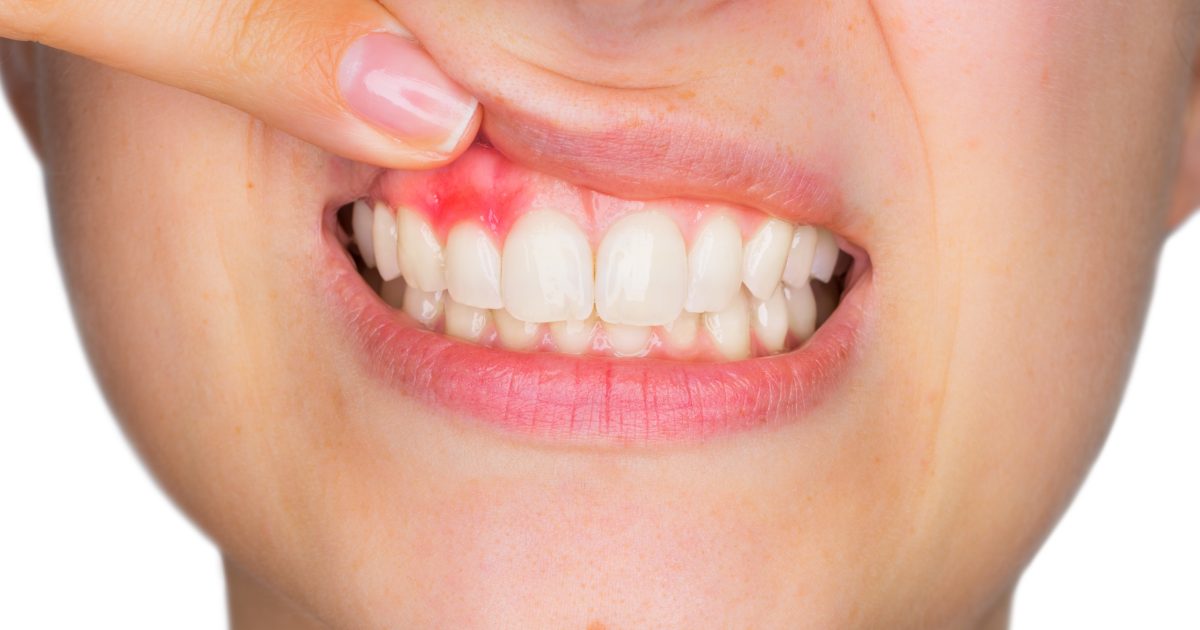What Causes Mouth Sores?
Anemia
Anemia occurs when an individual's blood doesn't have enough hemoglobin or red blood cells. Hemoglobin is responsible for binding oxygen, and it's one of the main parts of red blood cells. Abnormal red blood cells and low hemoglobin can both cause an individual's body to be starved of oxygen. Fatigue and other anemia symptoms occur because organs aren't getting enough oxygen and nutrients to function. In the United States, anemia is the most commonly occurring blood condition. Researchers estimate around 5.6 percent of Americans have some form of anemia. Chronically ill individuals, young children, and women all have a higher risk of anemia. More than four hundred kinds of anemia have been identified. They're sorted into three categories: anemia from blood loss, anemia from faulty or decreased red blood cell production, and anemia from the destruction of the red blood cells. If individuals have an iron deficiency that leads to anemia, their mouth may become dry. Individuals might also develop mouth ulcers or sore and red cracks at the corners of their mouth.
Discover additional causes of mouth sores now.
Gingivomatitis

Gingivostomatitis occurs when the mouth and gums become infected. The most common symptom is swelling in the gums or mouth, which is sometimes accompanied by mouth lesions that look like canker sores. Affected individuals might experience the sores on their gums, tongue, cheeks, or the roof of their mouth. The infection can either be viral or bacterial, and in many cases, it stems from improper oral hygiene. The condition is even more common with children than with adults. A child who has gingivostomatitis might refuse to drink or eat because of the pain from the sores, and they may also drool. The infection can lead them to develop swollen lymph nodes and a fever. This infection can be caused by HSV-1, the same virus that leads to cold sores. It can also be caused by actinomyces and streptococcus bacteria. Another cause is coxsackievirus, which is typically transmitted by touching a hand or surface contaminated by feces. In addition to mouth infection and sores, coxsackievirus can lead to flu-like symptoms.
Uncover additional causes of mouth sores now.
